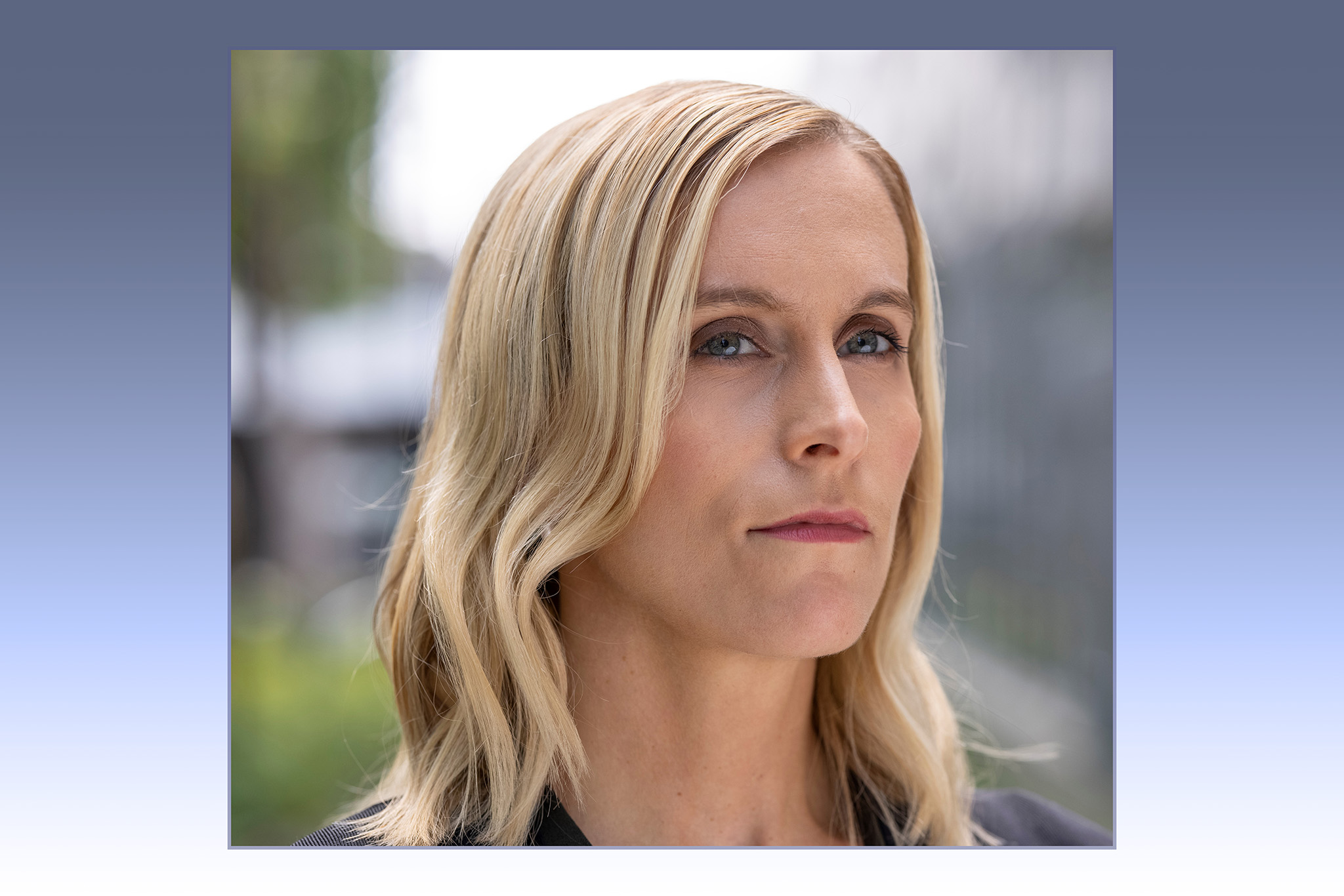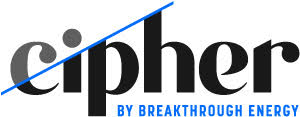Amy Harder: Leading the charge on climate change coverage

Alumna shares how love for learning led to career as leading climate & energy reporter
By Madisun Tobisch
It goes without saying most journalists are curious and love to learn, but Amy Harder is not your typical journalist. Her love for learning is alive. It’s deeply rooted and grows, branching into different areas of her life.
Writing was always an outlet for her. From a young age, she gravitated toward creating short stories to nurture what would become skills she uses every day.
“Journalism is really a beautiful career because you’re getting paid to learn, and I love to learn,” Harder said.
Harder earned her bachelor’s degree in journalism with honors from Western in December 2007. While pursuing internships, she landed in Washington, D.C., where an initial interest in legal journalism brought her right to the heart of the nation’s political news sphere. She covered notable moments in history like Sonia Sotomayor’s Supreme Court nomination and Barack Obama’s campaign and presidency.
Throughout her 12-year career in D.C., she worked for noteworthy publications, such as National Journal, The Wall Street Journal and Axios. In 2022, she was named American Energy Society’s energy journalist of the year.
Her current role is executive editor of Cipher, an emerging news publication covering the overlap between climate and technology.
Finding her beat
Before she moved from Washington state to report in D.C., Harder was a Western journalism news/ed major who experienced the notoriously challenging learning curve The Front is known for.
“My mom and I still talk about how that was like the worst time in my life,” she said. “I would call her in tears because I was so tired.”
Harder went on to be managing editor of the student publication and learned valuable lessons that continue to inform her reporting and leadership style today.
“It was really the time at The Front that taught me the things that I’m still thinking about today,” she said.
Now leading a team in Seattle on the cutting-edge of climate reporting, Harder said her transformative experience at the student publication holds lingering wisdom for her current self.
While working at The Journal, with a Congressional reporting job prospect on the horizon, Harder started helping out on the publication’s energy blog. Her eagerness to learn a new area of the newsroom led her to what would become her career as one of the nation’s top energy and climate journalists.
“I just kind of fell into it and helping this more senior reporter with her coverage and managing this blog,” she said. “I got to know the community, and then I just never looked back.”

In 2016 while Harder was covering energy policy with The Wall Street Journal, she was offered a position with Axios before its official launch. Her initial reaction sat firmly along the lines of “no way would I do this.”
The decision to leave a leading publication for a new media organization with no reputable base seemed more than a little far-fetched until Harder thought about what she stood to gain from the experience.
“It was really difficult,” she said. “But now, I look back on my three years at Axios, and I’m like, ‘wow, that was amazing. I’m so glad I did that.’”
Many people questioned Harder’s decision to change publications. Still, she said the new experiences and learning opportunities she’s had made the change entirely worth it.
Harder cherished her time at Axios, covering the biggest stories in her beat. But, the ultimate learning opportunity would be back in her home state.
 A lesson in creating something new
A lesson in creating something new
2004 was Associate Professor and alumna Peggy Watt’s first year returning to Western to teach after a career in Silicon Valley covering technology.
That academic year, Harder took Watt’s Newswriting class and even then exemplified the serious respect for journalism she captures in her work. Many alums from Watt’s first year stay in touch, and Harder is no exception.
Watt said what sets Harder apart from other passionate journalists is her ability to sense opportunity and pounce, even if it doesn’t align perfectly with her plan.
“You need to be willing to do that, especially when you’re starting out,” Watt said.
In 2020, Harder moved to Seattle while still working with Axios. This is where Breakthrough Energy comes into the picture. A network of organizations founded by Bill Gates, the group’s primary goal is reducing emissions to net zero by 2050.
Breakthrough Energy asked Harder to create and lead an independent online energy and climate news publication. Once again, she jumped at a chance to learn something new.
With its name meaning “zero,” Ciper’s mission ties back into the goal for the globe to become net zero in terms of emissions in the next 37 years.
Harder described Cipher’s style of journalism as solutions-oriented and mission-driven.
She said although there is a role for all forms of journalism in climate and energy writing, Cipher focuses on educational pieces that look at how systems can do better rather than only where they’re going wrong.
“Blaming can slow down the process to finding solutions,” she said.
Harder helped establish an intentional structure to further Cipher’s mission by writing for people with the power to make the biggest impact on climate change. Based on her experience covering legislation in Washington, D.C., she said she knows first-hand how inexperienced lawmakers are in subjects they make vital decisions about.
To curb this, Cipher’s target audience is those with government decision-making power in the United States and Europe. The next layer of focus is on organizations that operate around governments. Then, the publication’s focus broadens to climate-concerned citizens and the general public.

For now, Cipher publishes a weekly newsletter every Wednesday, and Harder hopes to see coverage span worldwide as the publication grows. In addition, The team recently brought on a new reporter based in Washington, D.C.
Working on Cipher has allowed Harder to learn at every step in the process.
While she said the project is still in the fun, creative stages, Harder looks forward to launching more content across multiple platforms over the next year.
“Once we have a fuller website, [I’m] really looking forward to seeing how we can do different types of media,” she said.
Long-form investigative pieces and data visualization are a few other concepts being passed around Harder’s newsroom.
Happy to be here
Humility is a huge part of Harder’s philosophy. She recognizes the vast amount of unknown knowledge out there waiting for her to uncover, understand and share.
“One thing that’s really important to me is I continually stay humble,” she said. “I’m continuing to learn things, and I learn what I don’t know.”
Having kept in touch with alums over the years, Watt said the environmental beat is a strong avenue for graduates. She would like to see more promotion of the environmental journalism major to help students realize their potential future in the beat earlier on.
While Harder may have been thinking about something other than climate journalism while at Western, she said she wouldn’t change a thing about her career path that led to Cipher.
You can follow Harder’s coverage with Cipher through their newsletter, website and LinkedIn.
